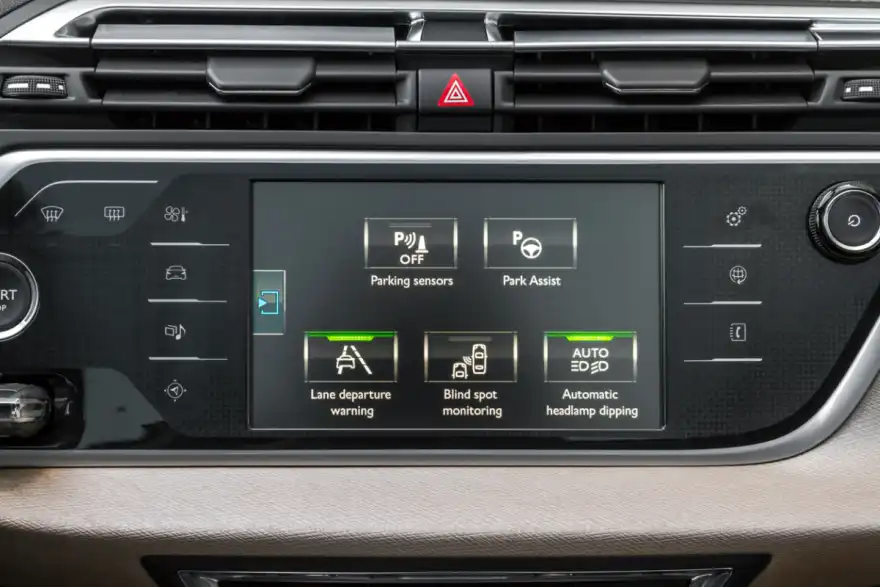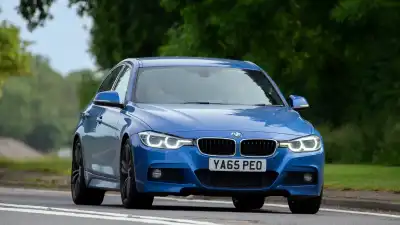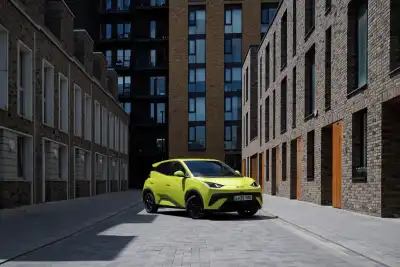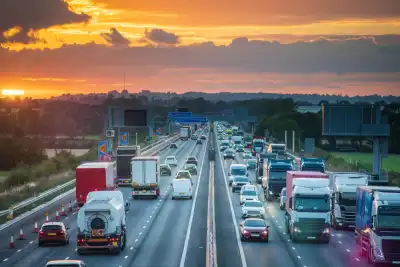
Labour is reportedly “actively considering” bringing in EU rules that would make a range of safety features mandatory in all new cars sold in the UK.
Even though it’s been over five years since Brexit, ministers are still deciding which of the 19 safety systems required for vehicles sold in Europe since last summer should be adopted in Britain. Some UK drivers have criticised certain features, calling them “dangerous, distracting, and useless.”
The EU’s General Safety Regulation (GSR2), which came into effect across Europe on July 7, 2024, mandates a range of new vehicle safety technologies designed to enhance road safety. These include:
- Intelligent Speed Assist (ISA): Detects speed limits and alerts drivers when they exceed them, helping to improve compliance and reduce collision severity.
- Autonomous Emergency Braking (AEB): Scans the road ahead for potential obstacles and automatically applies brakes to avoid or lessen the impact of a collision.
- Driver Drowsiness & Attention Warning (DDAW): Monitors the driver’s attention, using a camera to detect signs of fatigue or distraction and issues warnings when necessary.
- Emergency Lane Keeping System (ELKS): Uses forward-facing cameras and radar to prevent the vehicle from unintentionally leaving its lane.
- Alcohol Interlock Installation Facilitation (AIIF): Simplifies the process of installing alcohol interlock devices to prevent impaired drivers from starting their cars.
- Event Data Recorder (EDR): A black box that records vehicle data before, during, and after a crash for analysis.
- Electronic Stability Programme (ESP): Helps maintain control of the vehicle during emergency maneuvers or while cornering by stabilising the car if it begins to lose control.
- Emergency Stop Signal (ESS): Activates flashing rear brake lights when the brakes are applied sharply, alerting drivers behind.
- Reversing Detection Systems (RD): Alerts drivers to obstacles or people behind the vehicle when reversing to avoid collisions.
- Tyre Pressure Monitoring Systems (TPMS): Monitors tyre pressure and provides real-time feedback to prevent accidents caused by under-inflated tyres.
- Cybersecurity: Ensures robust protection for connected vehicles against hacking and theft.
- Systems to Replace Driver Control: Includes 'Level Three' autonomous features, paving the way for fully automated vehicles in the EU.
These safety systems aim to reduce accidents, prevent injuries, and improve overall vehicle safety standards across Europe.
The GSR2 regulations have been rolled out in three phases across the EU, starting in July 2022. From July 7, 2024, all new cars sold in Europe must include systems like ISA. This feature automatically detects speed limits and warns drivers if they’re speeding, even reducing engine power if needed to bring the speed down.
Despite these requirements, many new UK models already come with many of these systems, as car manufacturers fear being left behind in safety standards. Thatcham Research has pointed out that some of these features, like the Intelligent Speed Assistance, will be included in new cars entering the UK market starting this summer.
However, a recent survey found that over half (54%) of UK drivers disable at least one of these features in their own cars, even though they’re designed to help with things like staying within speed limits, avoiding lane departures, and preventing collisions. Many drivers told consumer watchdog Which? that these systems can be annoying, especially with constant warning sounds, or they feel uneasy letting technology take over control.
While some systems, like Intelligent Speed Assistance, can be temporarily overridden (for example, to overtake another vehicle), they cannot be fully disabled. Each time you start the car, the system will automatically reactivate, and you’ll need to switch it off manually if you prefer.
Labour has mentioned it’s considering mirroring these EU rules, despite the UK no longer being required to follow them post-Brexit. On March 19, when asked about the possibility of the UK adopting these regulations, Lord Henry, Minister of State at the Department for Transport, said the government is currently looking into which technologies are right for Britain.
As more cars are equipped with these safety technologies, car makers face the challenge of balancing safety with a driving experience that doesn’t feel too intrusive.




